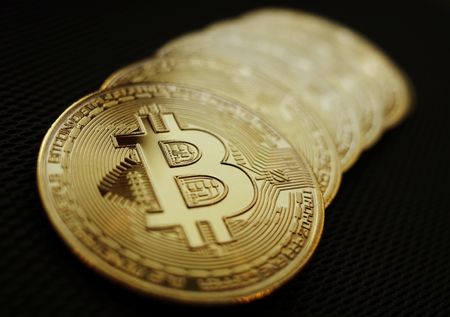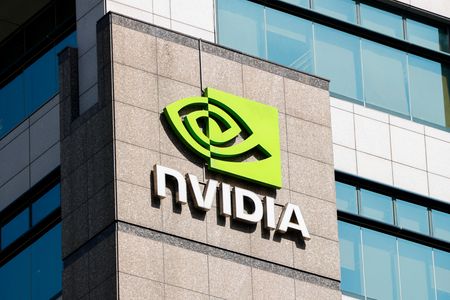LONDON (Reuters) -Investors are regaining confidence in British economic policymaking and next Monday’s scheduled tax and spending plan announcement will be key to extending the recovery, a top Bank of England (BoE) official said on Monday.
Deputy Governor Dave Ramsden, speaking on the day former finance minister Rishi Sunak was chosen as the Conservative Party’s new leader and Britain’s next prime minister, said the fall in borrowing costs in financial markets was a good start, although markets remained “quite febrile”.
“What we’ve seen, when you look at yields in the gilt market, is that credibility is being recovered … but I think that has to be followed through,” Ramsden told parliament’s Treasury Committee panel of lawmakers.
“A return to the kind of stability around policymaking, and around the framing of fiscal events, I think, will be really important.”
Sunak, who is due to take over as prime minister on Tuesday, is expected to keep Jeremy Hunt as his finance minister.
Hunt has reversed most of the unfunded tax cuts announced by the government of Prime Minister Liz Truss that led to a surge in borrowing costs and eventually forced Truss to announce her resignation.
Hunt has scheduled the announcement of a medium-term budget plan for Oct.
31.
Ramsden said it was “especially important” for the BoE to hear how Hunt plans to offset high energy costs after a price cap scheme ends in April, something that will affect the central bank’s view on demand and inflation pressures ahead.
British government bond prices rose sharply on Monday as Sunak cruised to victory in the race for Downing Street.
Yields on 20- and 30-year gilts fell to levels close to those of the day of last month’s ill-fated “mini-budget” announcement.
Ramsden also said on Monday the BoE was “acutely aware” of the impact its interest rate increases so far were having on borrowers, but the bank would take the steps needed to get inflation back to target.
“I have every confidence that we will take the actions necessary,” Ramsden said.
The BoE has increased its benchmark Bank Rate to 2.25% from 0.1% last December.
It is expected to raise it again on Nov. 3.
Ramsden said rates would “only have to be as high for as long as they have to be high for”.
He said the S&P Global/CIPS flash Composite Purchasing Managers’ Index, published earlier on Monday showing a bigger-than-expected-fall in UK business activity this month, was “consistent with the economy being in recession.”
(Reporting by William Schomberg Writing by Andy BruceEditing by Mark Potter)










